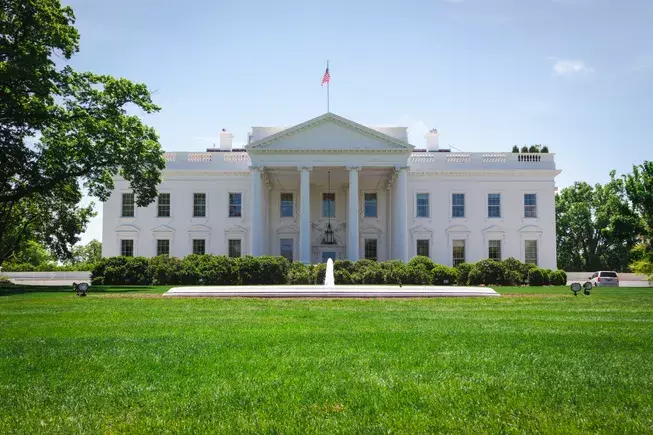In a surprising turn of events, the U.S. government has announced a reduction in tariffs on Chinese imports, signaling a potential thaw in the long-standing economic tensions between the two nations. This decision, welcomed by market analysts, suggests that the escalating trade war may finally have reached a temporary pause. Beyond the financial implications, this move could significantly impact various tech companies operating within these boundaries, particularly TikTok, a platform that has, until now, navigated murky waters fraught with geopolitical conflict.
In January 2023, the political landscape shifted dramatically with the Senate’s approval of a controversial TikTok sell-off bill. This legislation mandated that TikTok must be sold to a U.S.-owned entity to continue its operations within American borders. The backdrop of this scrutiny was intense—accusations of data misuse and national security risks loomed large. However, in response to the complexities surrounding the situation, Donald Trump issued an executive order pausing the enforcement of the sell-off, affording TikTok a temporary reprieve. The apparent breathing space allowed discussions to maintain momentum, albeit still constrained by significant political pressures.
Negotiating the Minefield of a TikTok Deal
As the dust begins to settle from these tumultuous trade disputes, the potential for negotiations regarding a TikTok deal reemerges. The Chinese government had previously stalled dialogues while the U.S. pursued a more aggressive stance on tariffs. However, with fresh negotiations on trade dynamics, Chinese officials may find themselves more amenable to discussing terms that could result in a partnership allowing TikTok to operate without significant restrictions.
A potential agreement could see TikTok sold to Oracle, a major U.S. technology company seeking to diversify its portfolio. The negotiations are tangled in complexities brought about by the requirements outlined in the “Protecting Americans from Foreign Adversary Controlled Applications Act.” These stipulations include regulations such as limiting foreign ownership to no more than 20% and imposing strict restrictions on control over the platform’s algorithms. Although these limitations are designed to ensure national security, they impose a significant dilemma for ByteDance, TikTok’s parent company, which may have to concede much of the control it currently maintains over its flagship app.
The Uncertainty Surrounding TikTok’s Future
Despite the optimism surrounding potential negotiations, uncertainty still clouds the future of TikTok in the U.S. The landscape is akin to navigating a minefield: one misstep could lead to significant repercussions. As TikTok creators and users anxiously await clarity, the stakes have never been higher. TikTok, which has grown into a cultural phenomenon, relies not just on its user base but also on the creativity of its content creators, who have been left in limbo as the negotiations unfold.
In late March, President Trump expressed confidence that a deal outlining TikTok’s future could be finalized, yet this intention fell far short of reality. The contractual framework required is intricate, and while a semblance of a plan may be in motion, the lack of a definite conclusion leaves stakeholders perched on a precipice. Such unpredictability can stifle innovation and deter creators from investing time and resources into the platform.
Ultimately, while the trade agreement may provide a favorable backdrop for TikTok’s operations, the road ahead remains filled with obstacles. The various stakeholders involved must navigate not only the complexities of international law and trade relations but also the intricate dynamics of consumer trust. Fostering this trust, especially amid allegations of data mishandling and foreign oversight, is paramount for the continued success of TikTok in the U.S. market.
The evolving landscape of U.S.-China trade negotiations could ultimately spell both risk and opportunity for TikTok and its users. The interconnectedness of global economic policies with platform functionality emphasizes the importance of calm waters amidst tumultuous tides. The future remains uncertain, but opportunities may arise to transform TikTok into a U.S.-aligned entity that meets the stringent requirements of regulators while preserving its essence as a vibrant social media platform.

